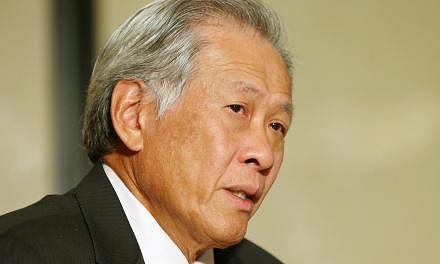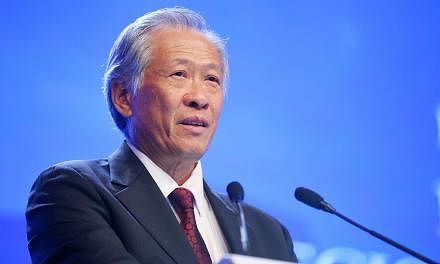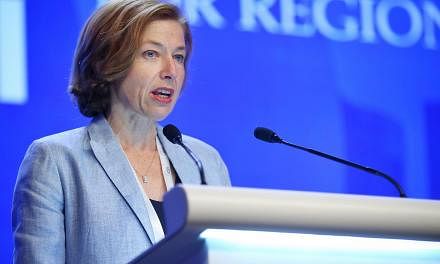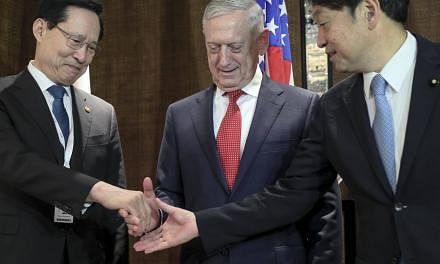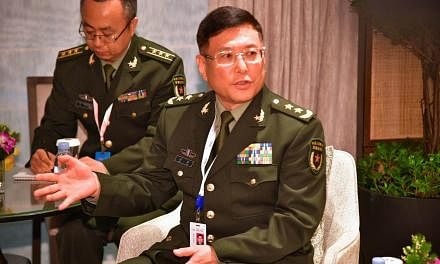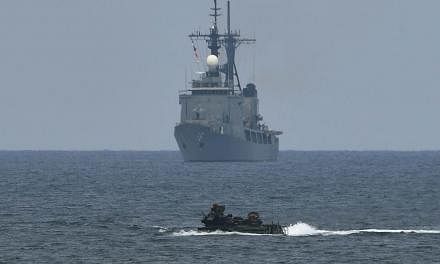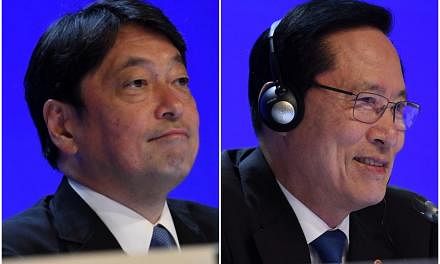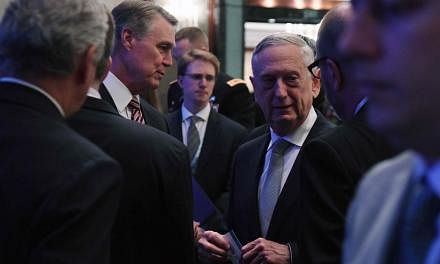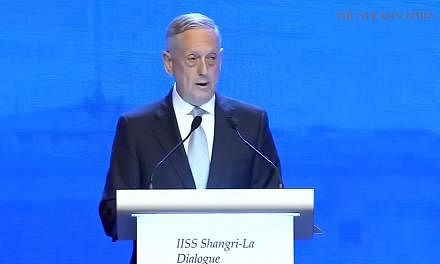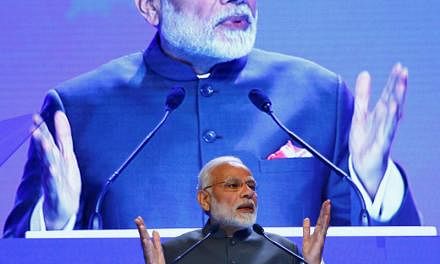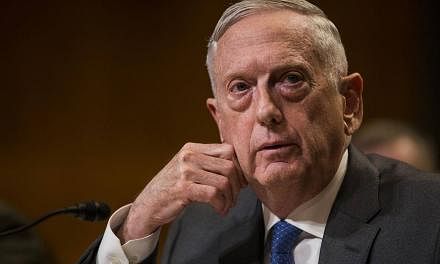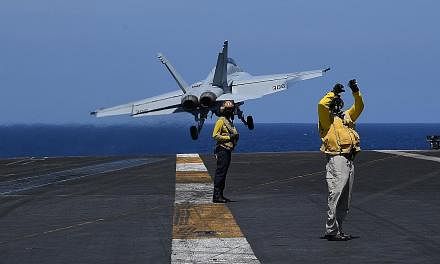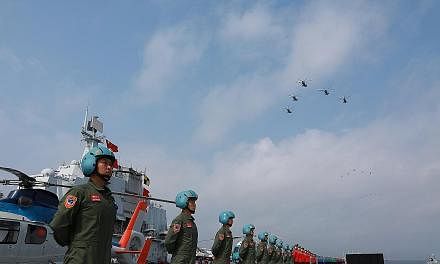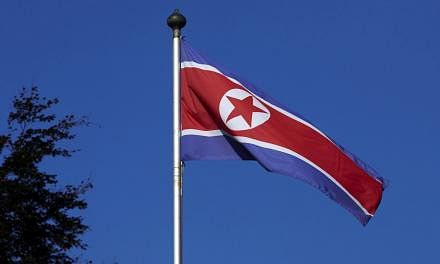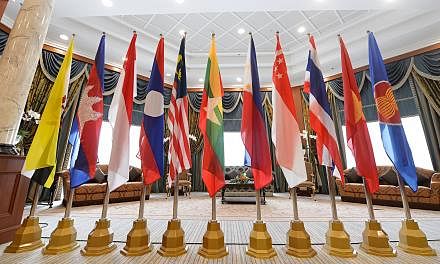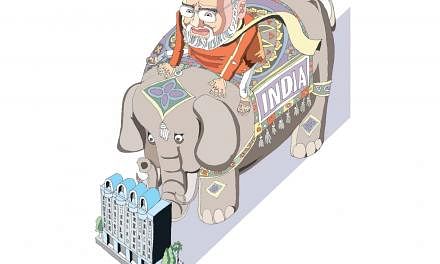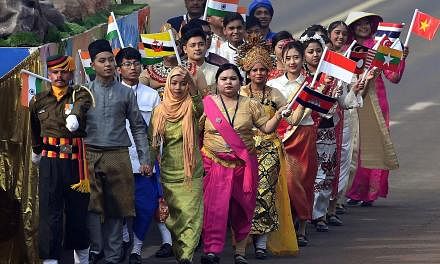Hours after US Defence Secretary James Mattis spoke of Asean centrality in the Indo-Pacific region on Saturday (June 2) and a day after India Prime Minister Narendra Modi did likewise, some Asia-Pacific defence ministers said they wanted to study the concepts closely before they decided if their national defence strategies needed to be readjusted.
At a session discussing Asia's evolving security scenario on the second day of the Shangri-La Dialogue on Saturday (June 2), defence ministers from Indonesia and Vietnam were asked how they would refashion their own defence policies in the light of remarks from Mr Mattis and Mr Modi.
General Ngo Xuan Lich, Vietnamese Defence Minister, said he supported strategies described both by Mr Modi and Mr Mattis. "However, we need to study closely the actual content of the Indo-Pacific strategy, so that we can fit our policy in."
Retired general Ryamizard Ryacudu, his Indonesian counterpart, said his nation already had a strategy to tackle any security developments in his jurisdiction. "We already have a strategy, it does not much change our defence strategy that already exists."
Mr Mattis described America's Indo-Pacific strategy as a "subset of our broader security strategy" and defined deepening alliances and partnerships as a priority. "Asean's centrality remains vital, and cooperation with China is welcome wherever possible," he said.
Mr Modi, in his keynote address at the Shangri-La Dialogue on Friday, described the Indo-Pacific as a "natural region" that included all nations situated in it as well as other countries that had stakes in the area. He placed South-east Asia at the centre of the Asia-Pacific and also spoke about India's leadership in the Indian Ocean where India's primacy has been challenged by China's growing naval presence.
On Saturday, Mr Modi and Mr Mattis held an hour-long meeting to discuss "mutual and global interests," Indian media reported.
Last week, the Pentagon renamed its Pacific Command as the 'Indo-Pacific Command' in a symbolic move to signal India's importance to the US military. The Trump administration last year (2017) began using the word "Indo-Pacific" to describe the Asia-Pacific.
A "free and open Indo-Pacific" is the cornerstone of the US strategy for Asia and many believe the phrase is a reference to Beijing's aggressive behaviour in the South China Sea.


